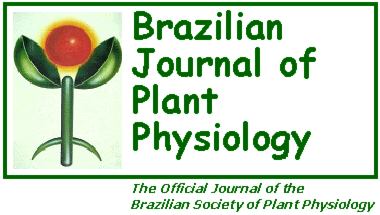The most evolutionary advanced adaptations for plant parasitism by nematodes are the products of parasitism genes expressed in their esophageal gland cells and secreted through their stylet into host tissue to control the complex process of parasitism. Molecular analyses of nematode parasitism genes are revealing the complexity of the tools a nematode possesses that enable it to attack plants and paints a more elaborate picture of host cellular events under specific control by the parasite than previously hypothesized. Interestingly, the majority of the nematode parasitism genes discovered encodes proteins unique to plant parasites. Identifying the complete profile of parasitism genes expressed throughout the parasitic cycle of a nematode is the key to understanding the molecular basis of nematode parasitism of plants and identifying vulnerable points in the parasitic process that can be interfered with to achieve nematode control to limit nematode-induced yield losses in crops.
esophageal gland cells; nematode parasitism; parasitome; parasitism genes; secretion





